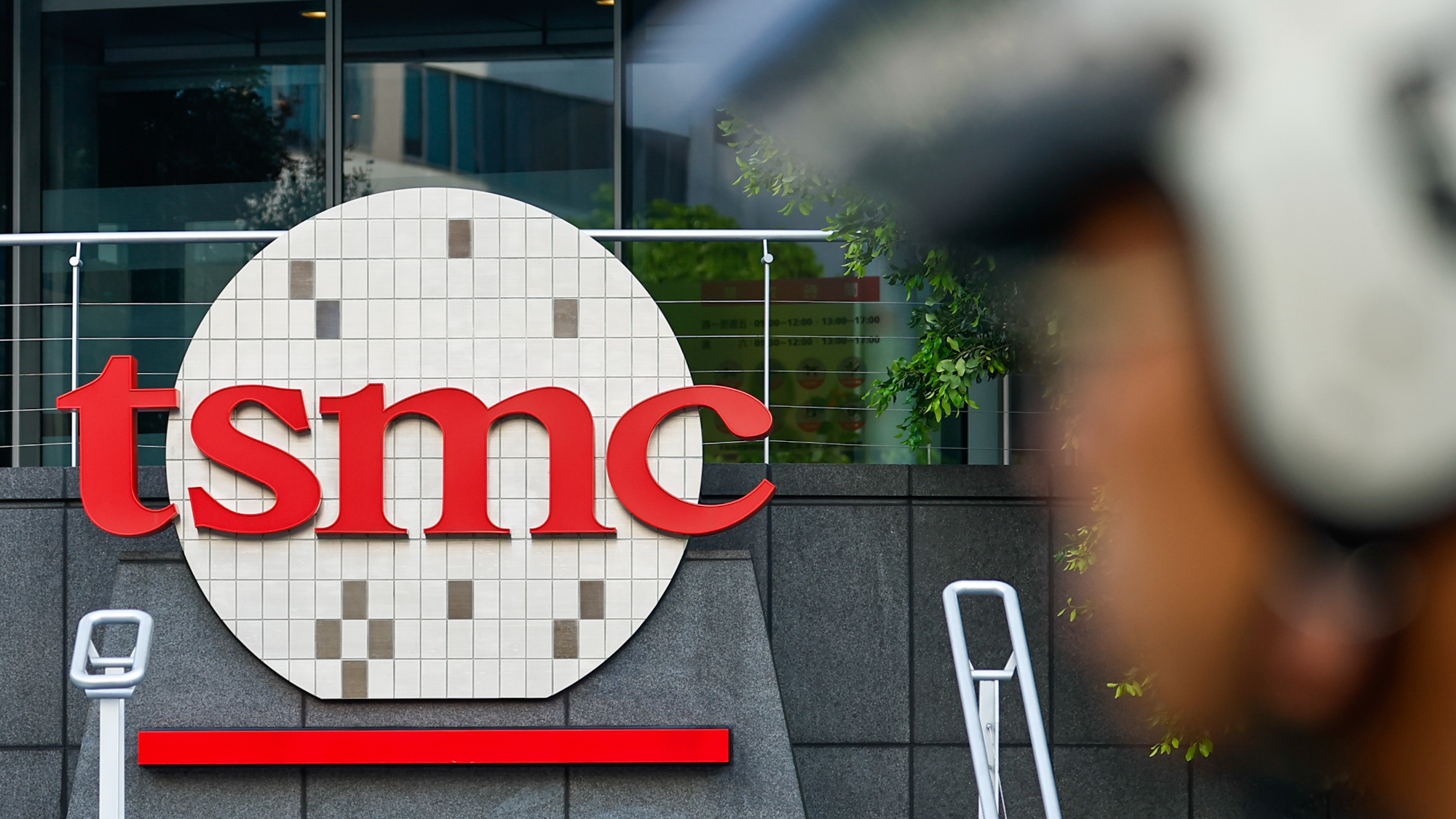TSMC says China's rare-earth export restrictions will have limited short-term impact on company — concern lies in transitioning away from China supply
It's not going to run out of rare-earth supplies anytime soon.

Taiwan Semiconductor Industry Association (TSIA) chairman and Taiwan Semiconductor Manufacturing Company (TSMC) senior vice president and co-COO Cliff Hou said during a question-and-answer session that TSMC has enough rare-earth supply from its sources that it is not concerned about the short-term direct impact of any rare-earth export controls from China. Digitimes reports that TSIA has been monitoring the situation and that it does not expect any significant impact within the next couple of years. However, the primary issue lies in the transition to suppliers from Australia and other regions, should China completely stop rare-earth exports, which he says will take time.
Despite the name, rare-earth materials aren’t rare at all, at least geologically speaking. However, the limited infrastructure required to extract and refine them is what makes them quite difficult to attain, with China owning over 85% of global processing capacity. The country has used this advantage in global trade negotiations, with Beijing declaring in 2024 that all its rare earth resources are now state-owned. It then banned some rare earth exports in April 2025, when President Donald Trump announced his far-reaching tariffs on all imports into the United States. This export ban was lifted in July in exchange for the White House removing export licenses for EDA software, but was reinstated with far more implications in October.
All this instability had the semiconductor industry reeling, especially as it affects chips that are 14nm and smaller or those that have more than 256 layers. There are other sources of rare-earth minerals, but they lag sorely behind China in output. Australia, one of the second-largest producers of rare-earth raw materials, is looking to capture more of it out of its mining waste. Canada is also making plans to expand its mining industry to include the crucial elements, while the U.S. is considering investing $2 billion to boost the rare-earth supply chain.
As for processing and refining, Malaysia hosts the largest non-Chinese refining facility in the Lynas Advanced Materials Plant, owned by the Australian Lynas Rare Earths Ltd. Incidentally, China has also been in talks with Kuala Lumpur, offering it assistance to develop so that it can tap its own rare earth reserves, which some estimates say are worth approximately $175 billion.
According to Hou, TSMC has one to two years of rare-earth supplies, allowing it to operate even if China turns off the taps. Its main concern at the moment is that it will take time for the company to pivot away from Chinese sources for medium- and long-term, with the shift expected to “take time.” But the bigger question that looms is whether there would be enough supply for the company and the entire industry to pivot to if Beijing decides to cut off the world from its rich rare-earth reserves.

Follow Tom's Hardware on Google News, or add us as a preferred source, to get our latest news, analysis, & reviews in your feeds.
Get Tom's Hardware's best news and in-depth reviews, straight to your inbox.

Jowi Morales is a tech enthusiast with years of experience working in the industry. He’s been writing with several tech publications since 2021, where he’s been interested in tech hardware and consumer electronics.
-
thisisaname Sorry if this is considered political but I found it funny.Reply
How can China stop exports to Taiwan when China considers Taiwan to be part of China? -
Vertigo_1 Reply
It concerns the permits that are required to be submitted to the CCP in order to get the rare earth processed products. Even if Taiwan/TSMC does not use the products directly in military technology (the main subject of the restrictions), if they sell to powers that do (i.e., USA), then they'll be subject to said restrictions. In that situation, they'd be denied shipments from then until the 'mistake' is corrected.thisisaname said:Sorry if this is considered political but I found it funny.
How can China stop exports to Taiwan when China considers Taiwan to be part of China? -
Pename That's just cash rich, high stock price TSMC but what about all the ancillary components along TSMC's supply chains, do they also stockpile 2 years supplies of rare earths?Reply